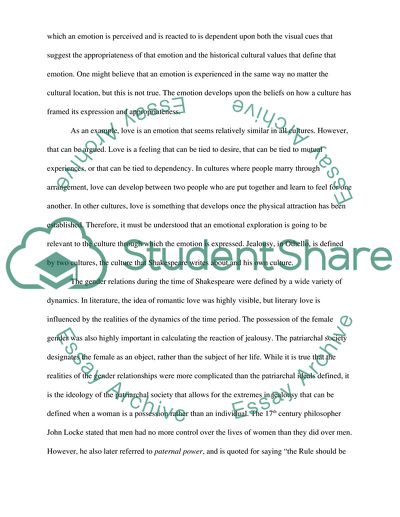Cite this document
(“Otherness and the Nature of Jealousy in Othello Research Paper”, n.d.)
Otherness and the Nature of Jealousy in Othello Research Paper. Retrieved from https://studentshare.org/literature/1751935-jealous-love-william-shakespeare-othello
Otherness and the Nature of Jealousy in Othello Research Paper. Retrieved from https://studentshare.org/literature/1751935-jealous-love-william-shakespeare-othello
(Otherness and the Nature of Jealousy in Othello Research Paper)
Otherness and the Nature of Jealousy in Othello Research Paper. https://studentshare.org/literature/1751935-jealous-love-william-shakespeare-othello.
Otherness and the Nature of Jealousy in Othello Research Paper. https://studentshare.org/literature/1751935-jealous-love-william-shakespeare-othello.
“Otherness and the Nature of Jealousy in Othello Research Paper”, n.d. https://studentshare.org/literature/1751935-jealous-love-william-shakespeare-othello.


